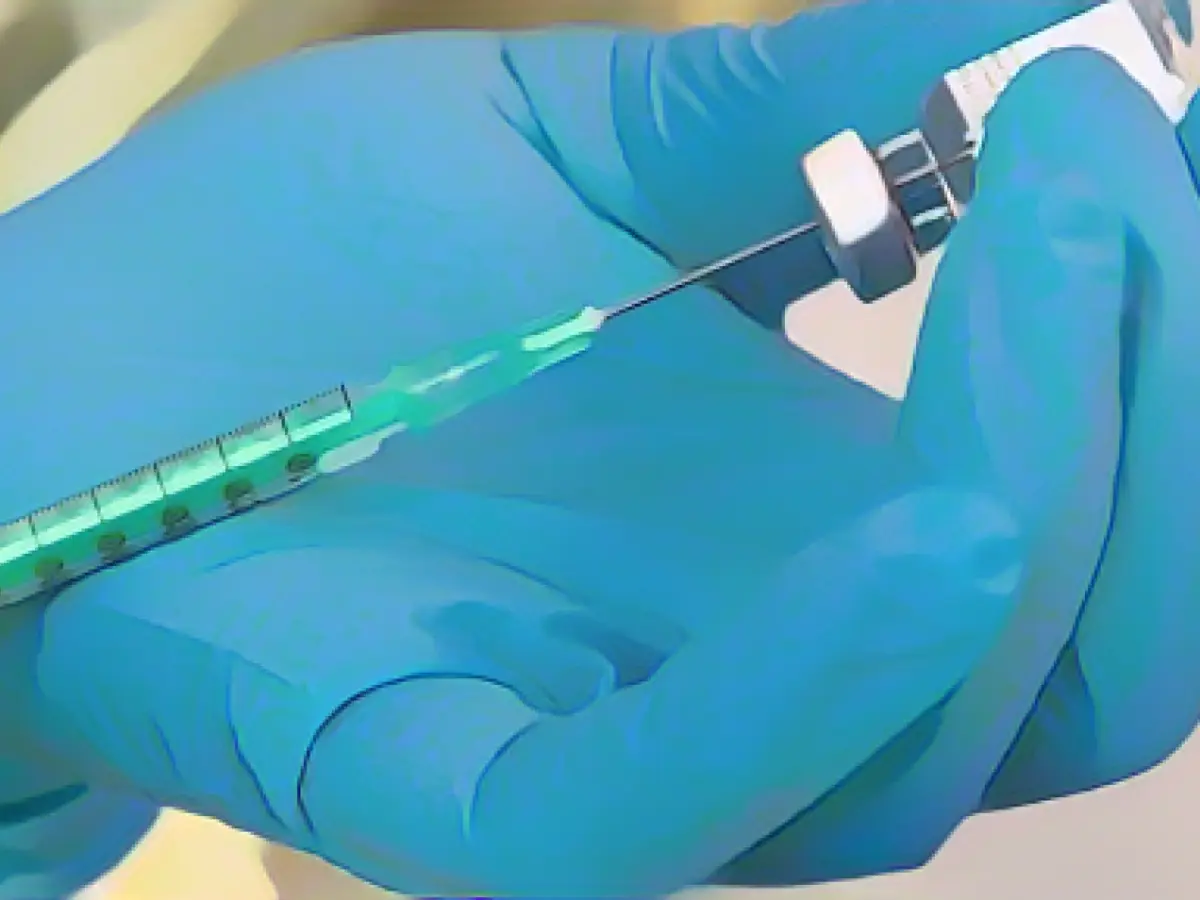COVID-19 Vaccines and Unwanted Protein Production: A Crystal Clear Overview
In the realm of mRNA vaccines, there's been a whisper of concern surrounding the possibility of unwanted protein production, albeit minimal. However, as researchers from the University of Oxford assert, no discernible evidence suggests that this phenomenon has had a detrimental impact on the current COVID-19 vaccines. Poring over their findings published in Nature, they advocated that future vaccine developments should strive to dodge this issue, as potential undesirable consequences loom large, such as diminished efficacy or unwanted side effects.
Calm as a Cucumber (Almost)
German experts have taken a measured view of the research, viewing the findings as intriguing but not cause for alarm. Julian Schulze zur Wiesch, hailing from the University Medical Center Hamburg-Eppendorf (UKE), expressed his thoughts: "The described effect, should it indeed exist, is not harmful or concerning. It appears to have no connection whatsoever to regular vaccination reactions or side effects of mRNA vaccines."
Similarly, Marina Rodnina from the Max Planck Institute for Multidisciplinary Natural Sciences in Göttingen concurred with this view, stating: "At present, there's no concrete evidence linking such vaccine-generated protein fragments with adverse effects in humans. If we can devise ways to prevent this phenomenon in the development of future mRNA technology, then, of course, we should do so."
mRNA Vaccines: Clockwork Efficiency
mRNA vaccines are linguists of sorts, providing the blueprints - those coveted mRNA sequences - required to construct components of viruses that humans must protect themselves against. These blueprints are read and deciphered by a type of cellular language translators, ribosomes, which then manufacture the relevant viral proteins, stimulating the immune system to produce antibodies in response.
Unintended Protein Production: When the Blueprints Get Mixed Up
To heighten their potency, mRNA in vaccines undergoes a touch of modification, as evidenced by Anne Willis and her team at the University of Oxford. These clever tweaks can result in the manual slipping up when reading the mRNA scripts, leading to the creation of unwanted proteins.
The Findings: mRNA Vaccines in Rodents and Humans
After conducting their research, Willis' team discovered that an immune response transpired against unwanted proteins in mice when they utilized Biontech's coronavirus vaccine (BNT162b2). Intriguingly, they observed a diminished immune response in a third of the 21 human test subjects, with no reported side effects.
Minimizing Unintended Protein Production: Strategies for the Future
Future generations of mRNA vaccines can minimize the formation of unwanted proteins by employing techniques like codon optimization, disulfide modification, epitope mapping, and in silico strategies. By using these tactics, researchers can pave the way for safer, more efficacious vaccines tailored to tackle future diseases.
Unintended Consequences: What's at Stake?
Unintended protein production may result in imperfect vaccine efficacy, more side effects, or an assault on non-targeted proteins. Leveraging appropriate methodologies, future vaccine developments can circumvent these hurdles.
Related Articles
- Consensus Antigen Design
- Trans-Amplifying (TA) mRNA Vaccines
- Optimization of mRNA Secondary Structure
- Disulfide Modification
- Immunomodulatory Effects of Replicase
- Nanoparticle-Based Delivery Systems








